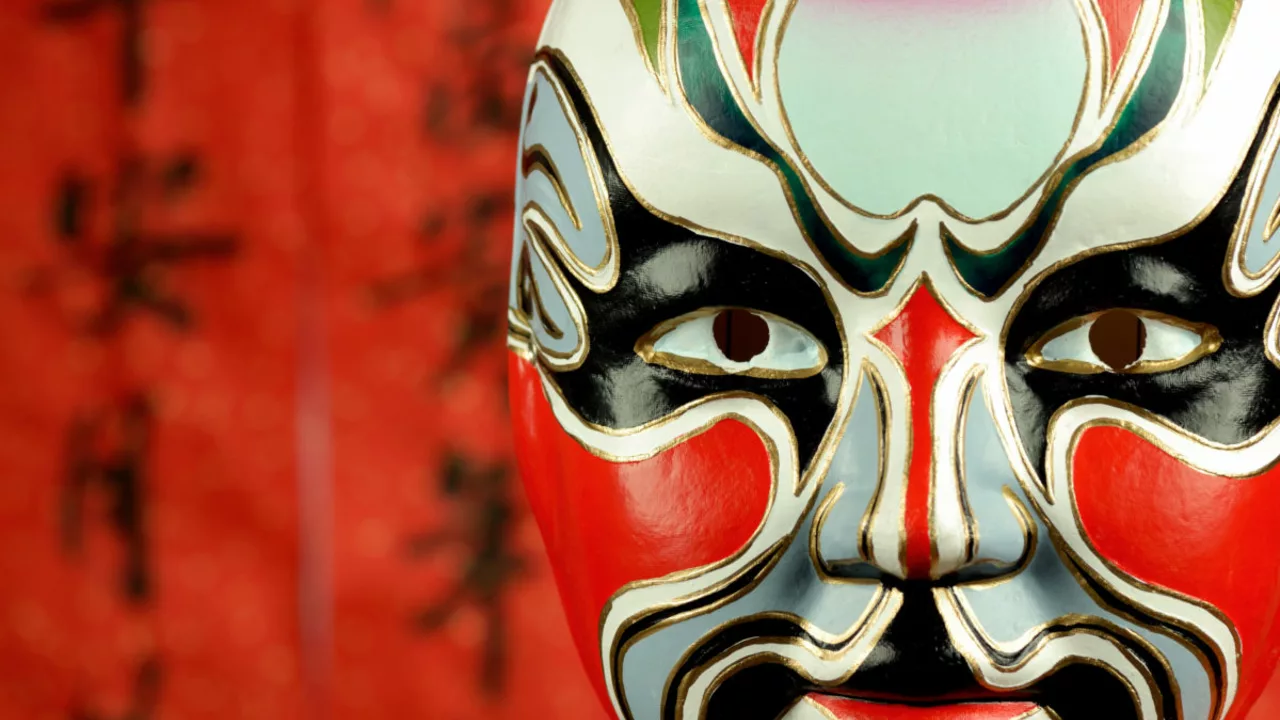Why is Beijing Opera so difficult to master?
 Jul, 25 2023
Jul, 25 2023
The History and Origin of Beijing Opera
As we delve into the intricacies of Beijing Opera, let's start with a brief overview of its rich history. Originating in the late 18th century during the Qing Dynasty, Beijing Opera is a combination of various forms of traditional Chinese theatre. It's a beautiful blend of singing, dancing, acting, and martial arts. The art form was initially performed for the royal family and gradually gained popularity among the common folks.
I believe understanding the history of Beijing Opera is fundamental to appreciating its complexity. The art form is deeply rooted in Chinese culture and traditions, making it more than just a spectacle for entertainment. It's a medium to express stories, emotions, and philosophies that have evolved over centuries.
The Unique Performance Elements of Beijing Opera
What sets Beijing Opera apart from other forms of opera is its unique performance elements. The actors use not just their voices, but their entire bodies to tell a story. Their movements, gestures, and facial expressions are all significant and require meticulous control and precision. They also use elaborate costumes, makeup, and props to depict different characters and scenes.
Another unique aspect is the use of symbolic actions. For instance, a character walking in a circle can imply long-distance travel. The use of such symbols requires the audience to have a certain level of understanding of the art form, further adding to its complexity.
The Complexity of Vocal Techniques
The vocal techniques in Beijing Opera are quite complex and varied. The performers not only need to have a strong and flexible voice but also need to master different singing styles. The four main roles - Sheng, Dan, Jing, and Chou - each have their own unique vocal requirements.
Moreover, the lyrics are usually in Classical Chinese, which is different from the modern language used day-to-day. This adds another layer of difficulty for both the performers and the audience.
The Rigorous Physical Training
Physical training is an integral part of Beijing Opera. The performers need to undergo years of rigorous training to master the various acrobatic moves and dances. They start their training at a very young age and spend several hours each day practicing.
This dedication and discipline required to achieve the necessary physical prowess is one of the reasons why Beijing Opera is so difficult to master. It's not just about performing on stage, but about embodying the art form in every aspect of life.
The Intricate Makeup and Costumes
The makeup and costumes in Beijing Opera are not just for aesthetic purposes. They play a crucial role in character portrayal and storytelling. Each color, pattern, and accessory has a specific meaning. For instance, a red face represents bravery and loyalty, while a white face symbolizes treachery.
Learning to apply the makeup and wear the costumes correctly is a skill in itself. It requires a deep understanding of the art form and its nuances.
The Importance of Props
Props are another essential element in Beijing Opera. They are used to represent different objects and settings, adding depth and realism to the performance. However, due to the minimalistic stage setup, the performers often have to rely on their movements and gestures to convey the presence of the props.
This requires a high level of imagination and creativity, making it another challenging aspect of Beijing Opera.
The Role of the Audience
The role of the audience in Beijing Opera cannot be underestimated. Unlike other forms of theatre, the audience is expected to be active participants in the performance. They need to understand the symbolic actions, interpret the lyrics, and appreciate the nuances of the art form.
This makes Beijing Opera not just difficult to perform, but also to appreciate. It requires a deep cultural understanding and a willingness to engage in the performance.
The Future of Beijing Opera
Despite the challenges, Beijing Opera has survived and thrived over the centuries. Today, it's recognized as one of the cultural treasures of China and is being preserved and promoted with great effort. There are numerous schools and institutions dedicated to training future generations of performers.
While the art form is difficult to master, it's this challenge that makes it so fascinating and rewarding. As we continue to explore and appreciate Beijing Opera, we contribute to the preservation of this unique cultural heritage.